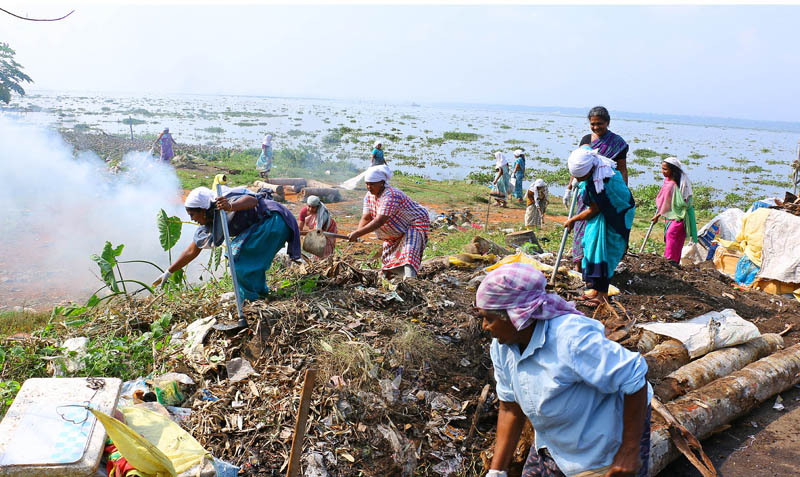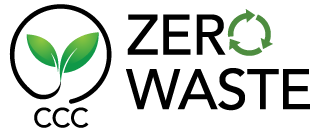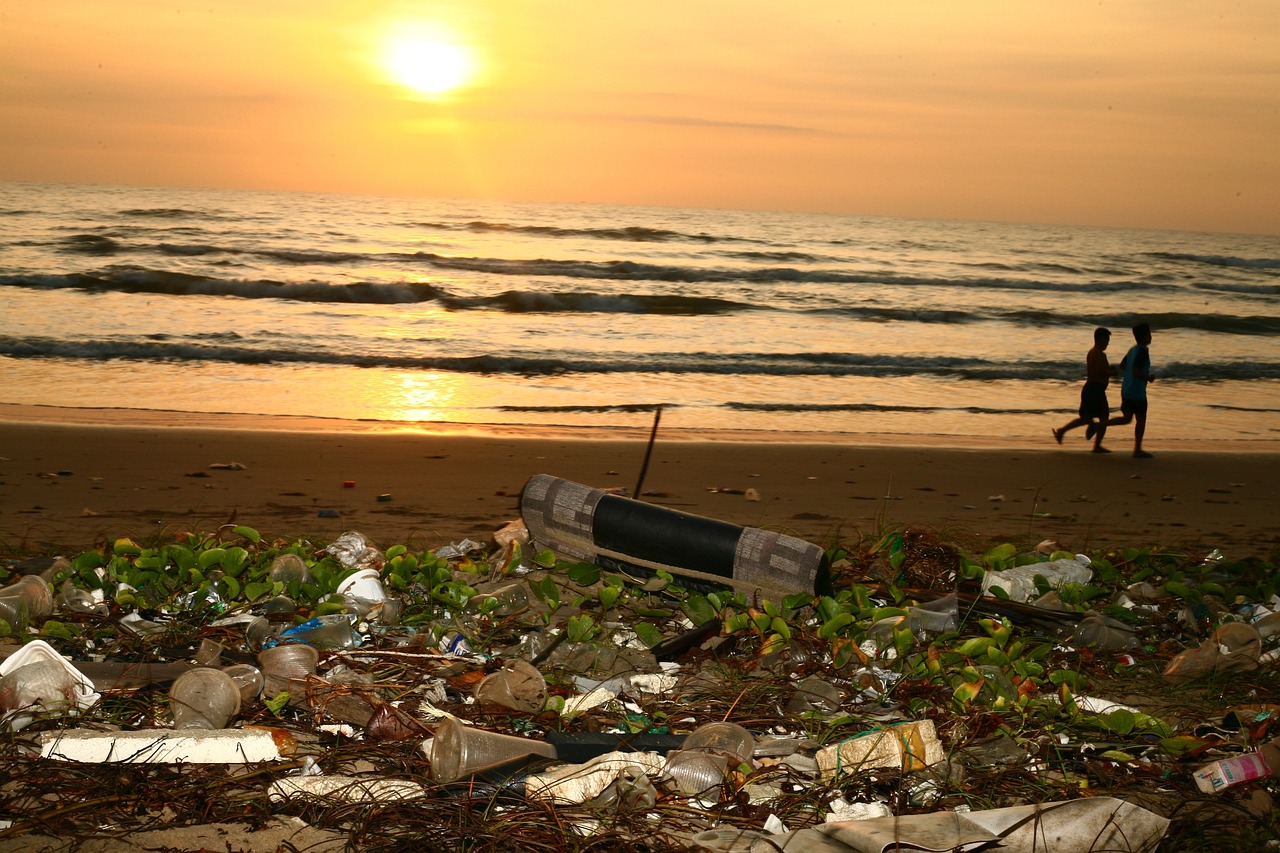Waste management in Kerala is an essential aspect of maintaining a clean and healthy environment in the state. With the rise in population and urbanization, the amount of waste generated has also increased, making it crucial to have efficient waste management systems in place. In Kerala, there are several waste management companies, but finding the best waste management company in Kerala can be a daunting task. The best waste management company in Kerala should have the expertise and resources to handle all types of waste, from industrial to household waste. They should also employ eco-friendly practices to ensure that the waste is disposed of safely and sustainably, without causing harm to the environment. Overall, choosing the best waste management company in Kerala is crucial for maintaining a healthy and sustainable environment.
The importance of waste management in Kerala cannot be overstated. With a population of over 33 million people and growing urbanization, the amount of waste generated in the state has increased dramatically. Poor waste management practices can lead to environmental degradation, health hazards, and even economic losses. The state government has recognized the importance of proper waste management and has implemented several initiatives to manage waste effectively. Effective waste management in Kerala not only ensures a clean and healthy environment but also contributes to the state’s economy by creating job opportunities and promoting sustainable development. It also helps to reduce greenhouse gas emissions, which can mitigate the impacts of climate change. Therefore, it is crucial to prioritize waste management in Kerala to ensure the well-being of its citizens, the environment, and the economy.

Treating the waste generated in Kerala is a complex process that involves several steps. The first step is to segregate the waste into different categories such as biodegradable, non-biodegradable, recyclable, and hazardous waste. Biodegradable waste can be processed using techniques such as composting, vermicomposting, or anaerobic digestion, which converts it into useful products such as fertilizer, biogas, or electricity. Non-biodegradable waste such as plastic, metal, and glass can be recycled and reused. Hazardous waste such as batteries, electronic waste, and medical waste need to be treated separately to prevent contamination and harm to the environment and human health. In addition to these techniques, the state government has implemented several initiatives such as the installation of waste-to-energy plants and the promotion of waste reduction and reuse practices. Overall, treating the waste generated in Kerala requires a comprehensive approach that involves the active participation of citizens, government, and waste management companies to ensure the effective and sustainable management of waste.

